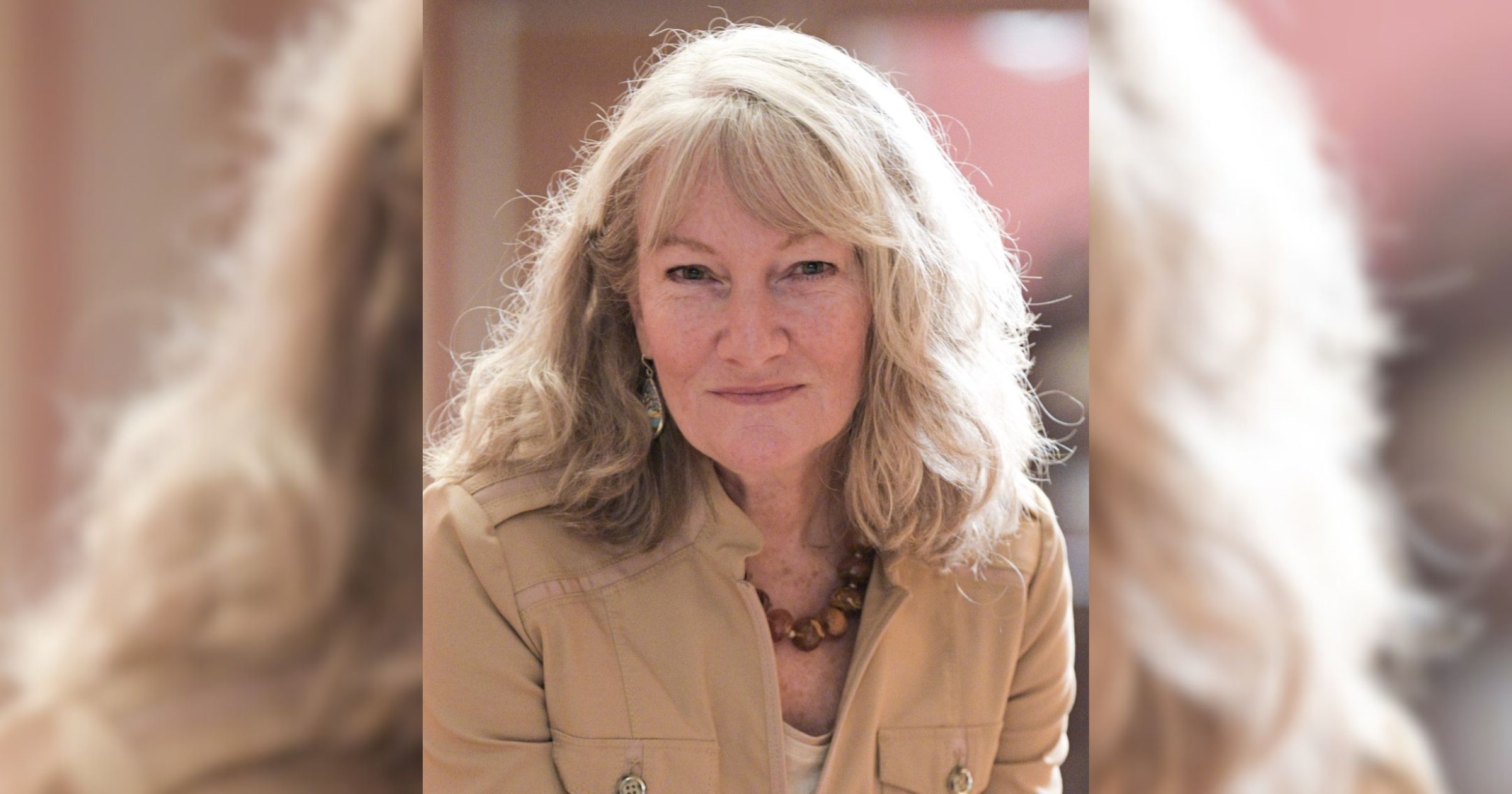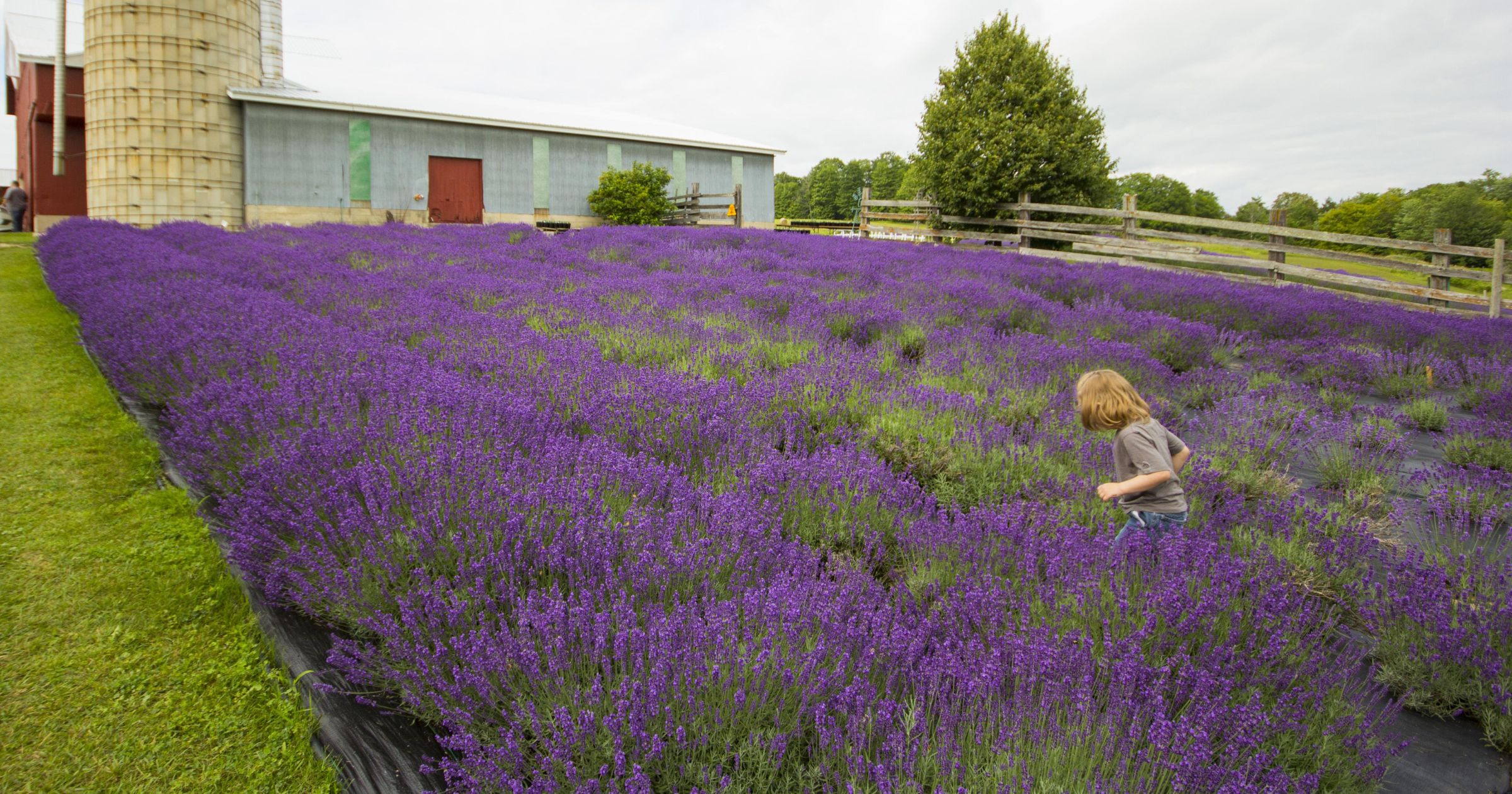Celebrating Black History Month
February is Black History Month, an annual celebration of achievements by Black Americans and a time for recognizing their central role in U.S. history. In honor of the successes and advancements Black Americans have achieved and contributed to society, check out these ways to celebrate and learn.
According to the Birmingham Civil Rights Institute, Black History Month began in 1926 as part of an initiative by writer and educator Dr. Carter G. Woodson who launched Negro History Week in 1926. Since 1976, every American president has proclaimed February as Black History Month. In addition to exhibits, the Institute provides free educational programs to K-12 students that introduce and explore the lessons and complexities of the civil rights movement, incorporating interactive programs to describe the Children's March and the Sixteenth Street Church Bombing in 1963, role-play, oral histories and documentary films.
From Benjamin Banneker, the son of a freed enslaved man, placing the District's boundary stones to the "Godfather of Go-Go" Chuck Brown inventing a new form of funk music, Washington D.C. has much to offer when it comes to honoring Black culture. This guide offers insight on Black-owned restaurants, background on the unique history of the area's U Street Neighborhood, and more. Don't forget to pay homage to Dr. Martin Luther King, Jr. at his memorial through this virtual itinerary.
Also in D.C., the National Museum of African American History & Culture offers groups an opportunity to explore and revel in African American history through interactive exhibitions and programming. To celebrate Black History Month, be sure to check out their robust lineup of new initiatives.
Though the Tuskegee Airmen National Historic Site is temporarily closed due to COVID-19, groups could still learn about the Tuskegee Airmen and the men and women who were involved in the Tuskegee Experience. The legacy of the Tuskegee Airmen lives on today by those who continue to tell their stories.
Since opening in 1996, the Spelman College Museum of Fine Art has had an unwavering commitment to Black women artists. It's here groups could engage with works by Black women artists in first-hand and meaningful ways, explore the dynamic role of art in society, and examine how art and artists impact the world today. From home, groups could listen in on Be Your Own Muse, the Museum's original podcast series highlighting Black women cultural producers.
For even more information on celebrating and honoring Black culture and life during Black History Month and beyond, check out this listing of African American museums by state.
Written by Sarah Suydam, Managing Editor for Groups Today.
Photo courtesy of U.S. Civil Rights Trail.



